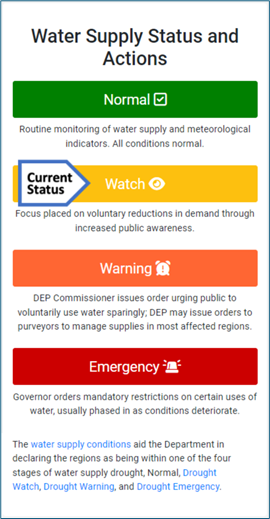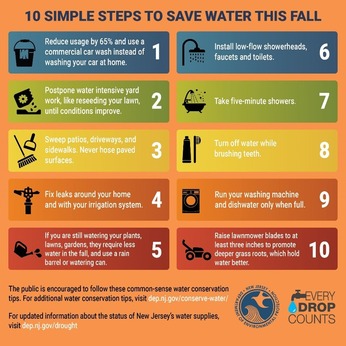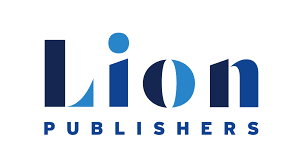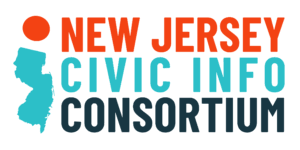The Murphy Administration issued a statewide Drought Watch, strongly urging residents and businesses to voluntarily conserve water as persistent dry and warmer-than-average conditions continue to stress the state’s water supplies.
During the past three months, New Jersey has experienced significantly below-average rainfall, which has contributed to diminished streamflow, reservoir, and groundwater levels.
The declaration of a Drought Watch is intended to increase public awareness and appreciation of the stress water supply sources are facing and encourages the public to practice voluntary water conservation measures. If conditions do not improve, declaration of a Drought Warning or a Drought Emergency with mandatory water use restrictions may become necessary.
“While water conservation is always important, it becomes critical during prolonged dry periods such as New Jersey has been experiencing for much of the summer and into early fall,” Environmental Protection Commissioner Shawn M. LaTourette said. “Voluntary water conservation now can help to avoid more serious and restrictive measures in the future.”
New Jersey has experienced below-average precipitation during four of the last five months, while at the same time temperatures have remained above average over the same period. Rainfall across New Jersey has been 2 inches to 7 inches below normal over the past 90 days.
“On the heels of the third driest September since records commenced in 1895, virtually no precipitation has fallen across New Jersey during the first half of October,” said State Climatologist David Robinson. “With little rain expected for the second half, the potential exists for not only the driest October on record but perhaps the driest of any month.”
The last Drought Watch in New Jersey occurred in August 2022 and was lifted in December 2022. The last statewide Drought Emergency with mandatory water use restrictions was declared in March 2002, and was lifted in January 2003.
In October 2016, the DEP placed 14 counties in the northern, central, and northern coastal areas of New Jersey under a Drought Warning due to ongoing precipitation deficits and deteriorating water-supply conditions, particularly storage levels in reservoirs. At the same time, regions along the lower Delaware River were placed under a watch. All regional drought warnings and watches were lifted by August 2017.
The Increasing Need for Water Conservation

As outlined in the recently adopted 2024 New Jersey Statewide Water Supply Plan, New Jersey is experiencing the impacts of climate change on water supplies. Recent years have shown a trend of increasingly intense rainfall events followed by periods of little or no rain. With the increased uncertainty posed by these weather patterns, it can become challenging for water supply managers to ensure the availability of water resources during dry periods.
The DEP continues to closely monitor current drought indicators, which include precipitation, stream flows, reservoir levels, ground water levels, and water demand. DEP will continue to inform the public, local governments, and water systems of future actions to mitigate the risk of more severe conditions. Municipalities or water utilities may require additional restrictions depending upon local water supply conditions.
As temperatures cool, the public is encouraged to minimize outdoor irrigation as much as practical because the water needs of plants decrease. Excessive watering in autumn can contribute to plant disease, and adjustments to automated watering or sprinkler systems should be made. Residents who want to wash their vehicles are encouraged to do so at a commercial carwash as those businesses typically have more efficient water use.
The DEP has a Conserve Water Toolkit which provides infographics, a flier, video, and social media resources that can be downloaded and used by organizations and government agencies to disseminate information about drought conditions and water conservation.
Water Conservation Tips

Residents and businesses can practice many common-sense conservation measures to reduce indoor water use.
For updated information about the status of New Jersey’s water supplies, visit dep.nj.gov/drought
For a list of Frequently Asked Questions about droughts, visit https://dep.nj.gov/drought/faq/
For further information on water restrictions and conservation, visit dep.nj.gov/drought/current-conditions/
The DEP’s Our Water’s Worth It campaign works to draw attention to the importance of clean water in our lives, from drinking water to supporting vibrant ecosystems and health places for recreation. An important focus of the campaign is educating the public on reducing potential lead exposure in drinking water.








